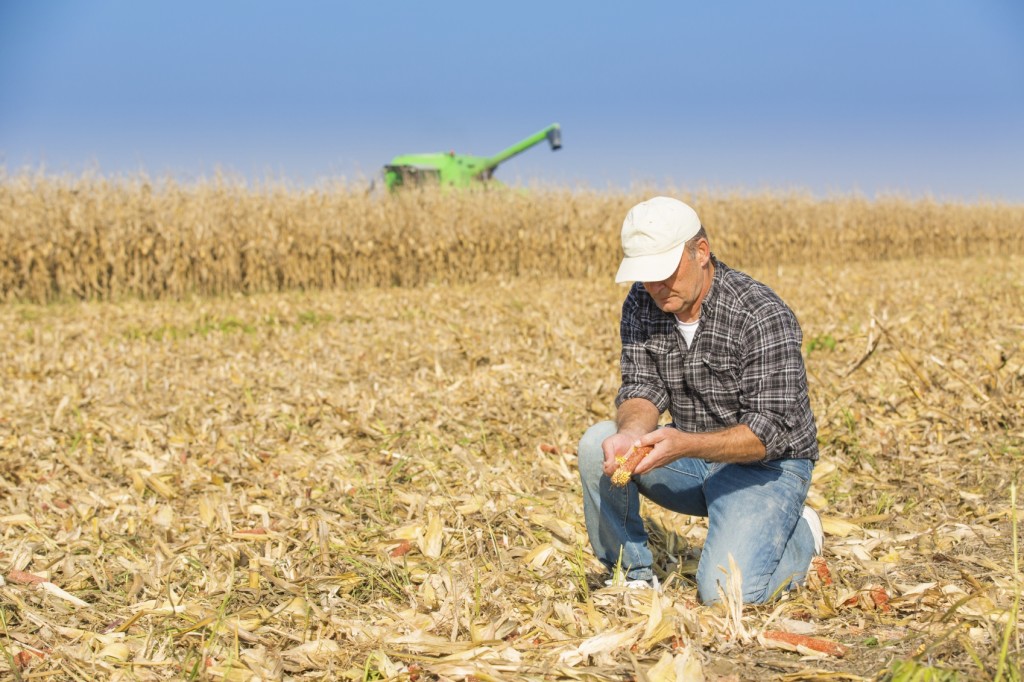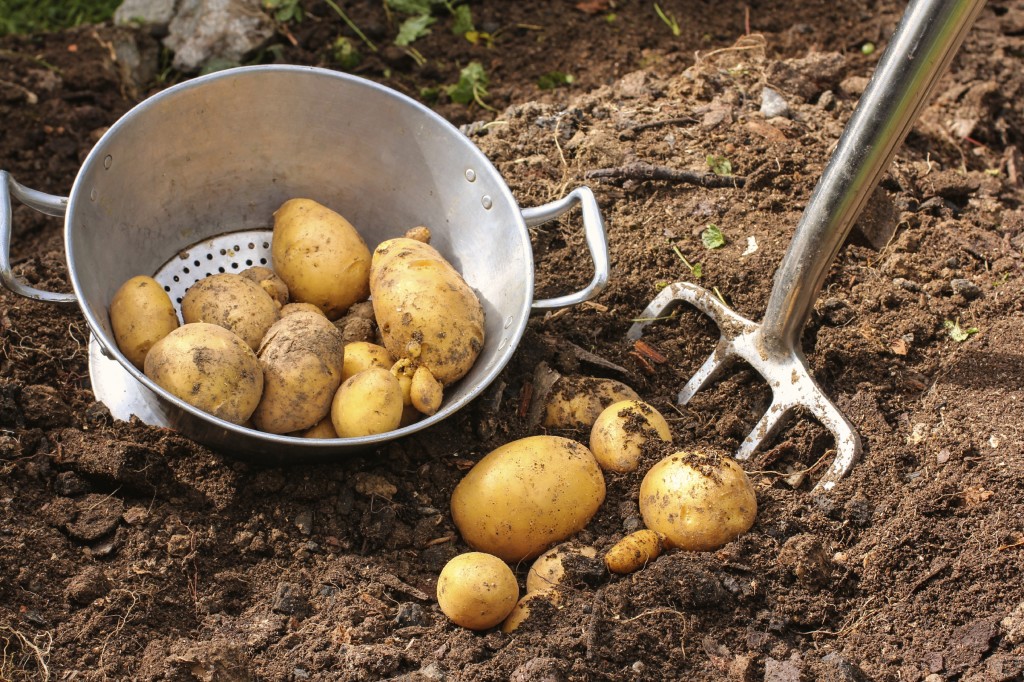Container farms have captured the attention of millions and may have the ability to push present day farmers into a new era of futuristic farms, with crop availability around the clock and around the world. As such, steel shipping units could contain the answer to the global food supply crisis and offer a light at the end of the tunnel or, more fittingly, a light at the end of the container.
The Nitty Gritty – How Do Container Farms Work?
The farms offer a sustainable solution to the unsustainable practices that currently dominate conventional farming methods by utilising a hydroponic farming system. This means that the container crops are grown in nutrient-rich water as opposed to soil, which is recirculated in a closed loop to be reused over and over again. This technique results in approximately 97% less water being used when compared to regular farming methods, making container farms a significant step forward in agricultural water management.
Moreover, furnishing the containers with monitored LED lamps create ample light for the crops, resulting in optimum agricultural conditions being abundant 365 days a year and climatic barriers to growth being very much redundant. This eco-innovative farming system can be up and running in no time by connecting the vessel to the national grid or by ethically powering it through solar panel installation.
The Real Steel – Why Grow Crops in a Box?
These farms of the future sustainably grow anything anywhere and produce at a rate that is twice as fast as the rate of conventional farming! For example, a 40-foot container can yield the annual equivalent of up to five acres, producing a fast and efficient service that is similar to the nature of the delivery of the container itself.
More yield in less time makes container-grown crops extremely appropriate for commercial food production at a comparable cost to regular grown crops. Hence, ship to shop could be the future ethos of the retail world with the production of high-quality crops in high-quality containers. The durability of both this modern farming method and the corrosion-resistant containers is sure to withstand the test of time – the security of steel containers has the potential to secure the future of our food.
Global crop variations can become ‘glocal’ with steel unit farms, and rare tropical produce can be made readily available on your not so tropical doorstep. With this, geographical location is no longer limiting and the world truly is your oyster – you can enjoy the taste of Brazil or India from the comfort of your very own container! The custom growing technology installed within the units produce unique qualities in the flavour and appearance of fruit and veg, which offers a unique selling point that is unparalleled by conventional produce.
These vertical farms create a compact and contained footprint that could be stacked up to five containers high. As well as this, the farms can be shipped with ease to where food demand and consumption is greatest, making produce as fresh as it can be. This could be as simple as placing them in restaurant car parks in the western world to tackle the issue of food deserts, whereby the ability to purchase nutritious and fresh food is difficult. The ease of movement also means that containers can be cheaply installed and actively added or removed depending on fluctuating demand. The availability of 20, 30 and 40-foot containers creates a range of container farming opportunities that can be utilised in alignment with demand.
Container farms could also be shipped to communities in the Middle East and Africa to tackle famine, a crisis that only continues to grow with conventional growing methods. Moreover, they could offer a solution for present day disaster relief in the face of earthquakes and flooding, which will continue to become an increasingly regular occurrence with climate change.
It appears that container farms truly are the real steel and with anyone in any location having the ability to be a shipping container farmer what’s stopping you? Be the face of the future by purchasing a farm of the future today.



